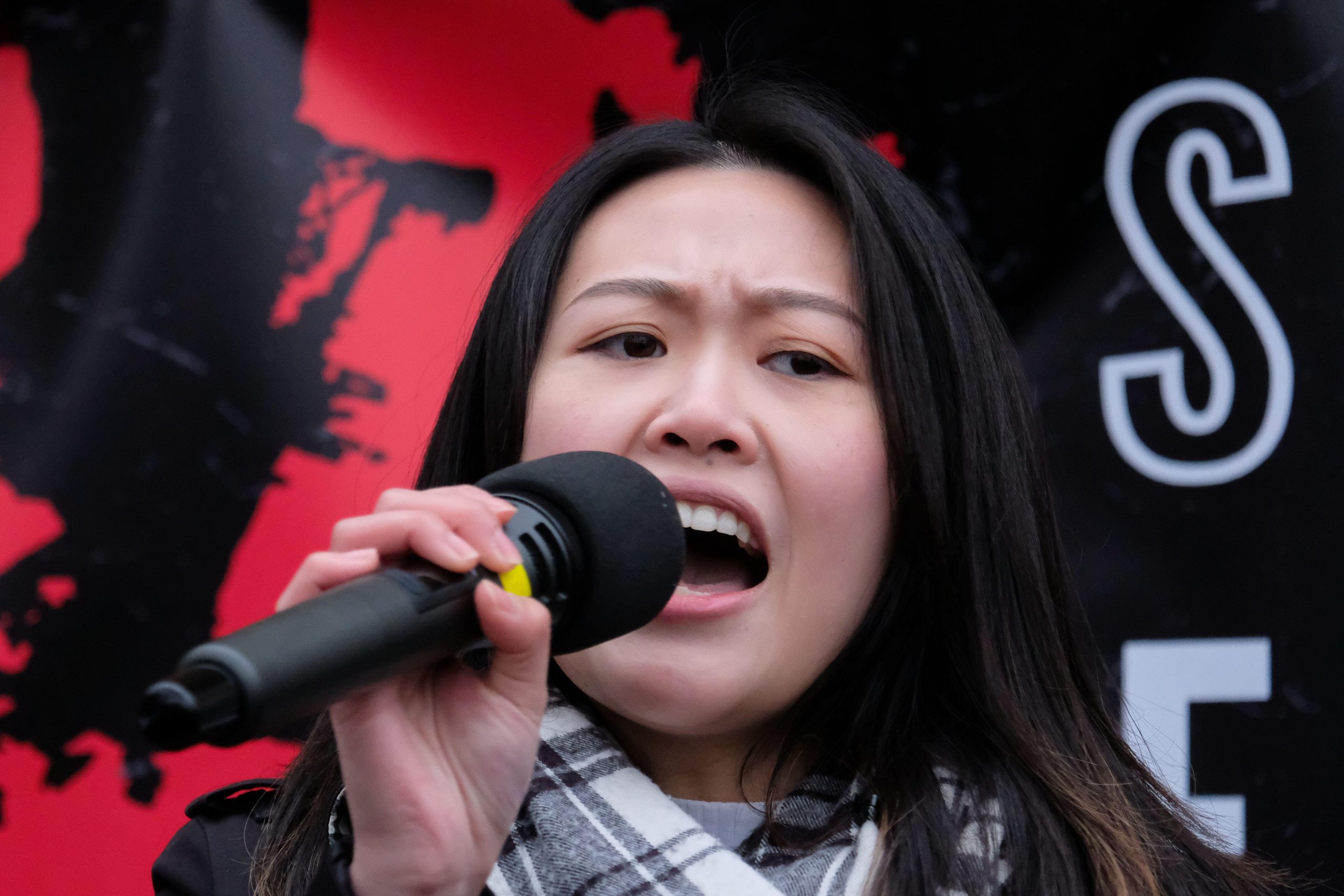[vc_row][vc_column][vc_column_text]New laws to limit and surveil speech on and offline are not the way to tackle extremism. The terrorists who attacked Manchester and London want to undermine our democratic values — our response must not be to curtail those very freedoms.
Yet this is precisely what the heated rhetoric of UK Prime Minister Theresa May and others promises.
Like governments the world over, the UK has suggested that tighter controls over the internet specifically and speech more generally are the way to help prevent such attacks. “We cannot allow this ideology the safe space it needs to breed – yet that is precisely what the internet, and the big companies that provide internet-based services provide,” May said on Sunday in the wake of the London Bridge attack.[/vc_column_text][vc_row_inner][vc_column_inner width=”1/4″][vc_icon icon_fontawesome=”fa fa-times-circle” color=”black” background_style=”rounded” size=”lg” align=”right”][/vc_column_inner][vc_column_inner width=”3/4″][vc_column_text]
We must be extremely wary of the broad brush approaches being hinted at by the government to crack down on extremism on the internet
[/vc_column_text][/vc_column_inner][/vc_row_inner][vc_column_text]Much focus has fallen on the role of the internet as a venue for recruiting violent extremists, fomenter of propaganda and dark space where terrorists can plan their attacks in secret. It is unsurprising, therefore, in the wake of the recent terror attacks that the UK government has sought to find solutions it believes will make us safer by targeting the internet in particular: politicians thrive on the idea that they should and must do more, that the answers to indiscriminate and horrendous violence lie in new laws, that fresh legislation is always the panacea.
We must be extremely wary of the broad brush approaches being hinted at by the government to crack down on extremism on the internet and we must push back hard against the narrative that says what is needed are more laws — laws that specifically strike at the liberties that are essential for democracy to flourish. Britain already has one of the most advanced systems to detect, prevent and punish terrorism in the world. There is no need for new, indiscriminate laws to punish and surveil speech.
The online “safe spaces” for terrorists to which Theresa May alluded in her speech on Sunday are also the spaces globally that allow activism, information sharing and ordinary political dissent to flourish. Proposed knee-jerk responses — like banning or bypassing encryption — threaten not just the channels used by criminals but those that allow us to conduct secure financial transactions, protect personal data and enable persecuted groups in authoritarian regimes to communicate safely.
If we want to tackle the ideologies that threaten our existence we need to start by protecting democratic values – not diminishing them.
About Index on Censorship
Index on Censorship is a UK-based freedom of expression charity that campaigns against censorship and promotes free expression worldwide. Founded in 1972, Index has published some of the world’s leading writers and artists in its award-winning quarterly magazine, including Nadine Gordimer, Mario Vargas Llosa, Samuel Beckett and Kurt Vonnegut. It also has published some of the greatest campaigning writers from Vaclav Havel to Elif Shafak. Index is part of the Defend Free Speech Campaign, which brings together people from all walks of life, to combat the threat to free speech from the UK government’s extremism disruption orders. Defend Free Speech seeks guarantees for freedom of expression and the right to debate.[/vc_column_text][/vc_column][/vc_row][vc_row][vc_column][vc_basic_grid post_type=”post” max_items=”12″ style=”load-more” items_per_page=”4″ element_width=”6″ grid_id=”vc_gid:1496671071463-fc51cf93-e4eb-3″ taxonomies=”11489″][/vc_column][/vc_row]





